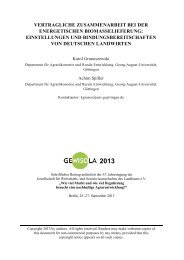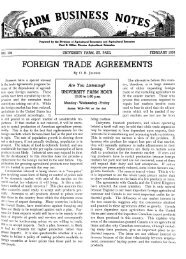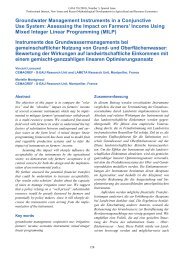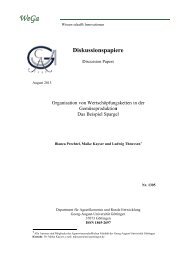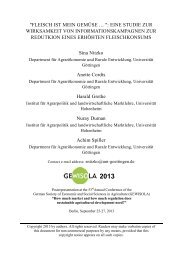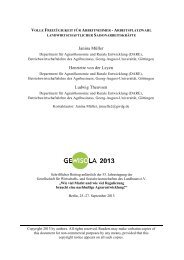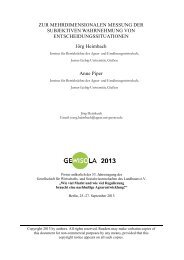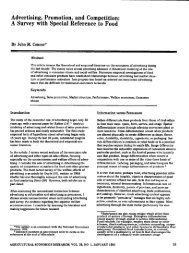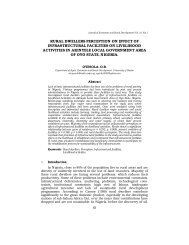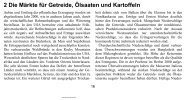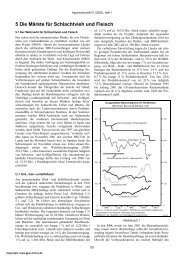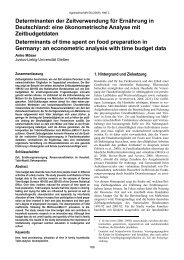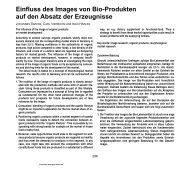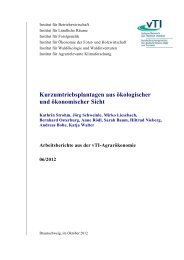District Institutes of Education and Training - Teacher Education
District Institutes of Education and Training - Teacher Education
District Institutes of Education and Training - Teacher Education
You also want an ePaper? Increase the reach of your titles
YUMPU automatically turns print PDFs into web optimized ePapers that Google loves.
<strong>District</strong> <strong>Institutes</strong> <strong>of</strong> <strong>Education</strong> <strong>and</strong> <strong>Training</strong>: A Comparative Study in Three Indian States<br />
incorporated. Where this does not happen, the burden later falls on in-service<br />
training to bring even newly graduated teachers up to date.<br />
• The majority <strong>of</strong> pre-service trainers treat training teachers as if it were secondary<br />
schooling, with a strong focus on content <strong>and</strong> a weak focus on pedagogical <strong>and</strong><br />
community-related issues. DIET staff show different levels <strong>of</strong> skills <strong>and</strong><br />
competence in modelling the approaches they discuss in the course. There is a<br />
need for all DIET staff to receive differentiated training <strong>and</strong> support to upgrade<br />
their skills as pre-service educators who are able to work convincingly <strong>and</strong><br />
effectively with children <strong>and</strong> convey to student teachers how they do so.<br />
• The model <strong>of</strong> pre-service training assumes rests on the idea that teachers are<br />
technicians who implement the ideas <strong>of</strong> others <strong>and</strong> do not have knowledge,<br />
skills, values <strong>and</strong> attitudes <strong>of</strong> their own. This model <strong>of</strong> training is not preparing<br />
teachers to engage with children’s learning <strong>and</strong> their own roles as active <strong>and</strong><br />
reflective facilitators <strong>of</strong> that learning in heterogeneous contexts.<br />
10.2.5 In-service education for teachers<br />
Chapter Five found that in-service programmes tend to be designed <strong>and</strong> funded<br />
from the State or national level. They are not preceded by needs analysis, <strong>and</strong> so<br />
do not base further training on where teachers are now or knowledge <strong>of</strong> teachers’<br />
needs or aspirations. In contrast to policy expectations <strong>of</strong> them, DIETs function as<br />
sites <strong>of</strong> delivery <strong>of</strong> pre-packaged programmes whose relevance to local teachers’<br />
needs is not assured. Staff are aware <strong>of</strong> this but may not have the technical<br />
expertise, insight about teachers’ needs, or perception <strong>of</strong> their own autonomy to<br />
make the necessary adaptations. DIETs had a heavy training load which led to a<br />
sense <strong>of</strong> ‘busyness’ in delivery that <strong>of</strong>ten precluded monitoring <strong>and</strong> evaluation <strong>of</strong><br />
impact at the school level. <strong>Training</strong> outcomes tend to be defined by the timetable,<br />
rather for a programme; where they are found, they are generally teaching rather<br />
than learning aims. Without this framework, there is nothing against which<br />
achievement <strong>of</strong> outcomes can be evaluated. Weak evaluative practices across DIETs<br />
meant that the feedback loop between DIET <strong>and</strong> teachers – essential for formative<br />
feedback to promote quality improvement - remained incomplete, except in Surat<br />
<strong>and</strong> Masuda where it was developing. Surat had also undertaken its own study <strong>of</strong><br />
achievements against which teachers’ developmental needs could be reviewed.<br />
Two main approaches to pedagogical processes were observed: a ‘traditional’<br />
lecture approach <strong>and</strong> a participatory approach. Some DIET lecturers dictate<br />
materials contained in a book teachers will later receive. In the more participatory<br />
/ activity-based approaches to training, efforts were made to involve teachers<br />
actively in problem-solving <strong>and</strong> to some extent in critical reflection. This<br />
movement towards generating a pr<strong>of</strong>essional discourse with teachers is highly<br />
positive, but to be sustained it requires that teacher educators refine their skills in<br />
DFID 195



